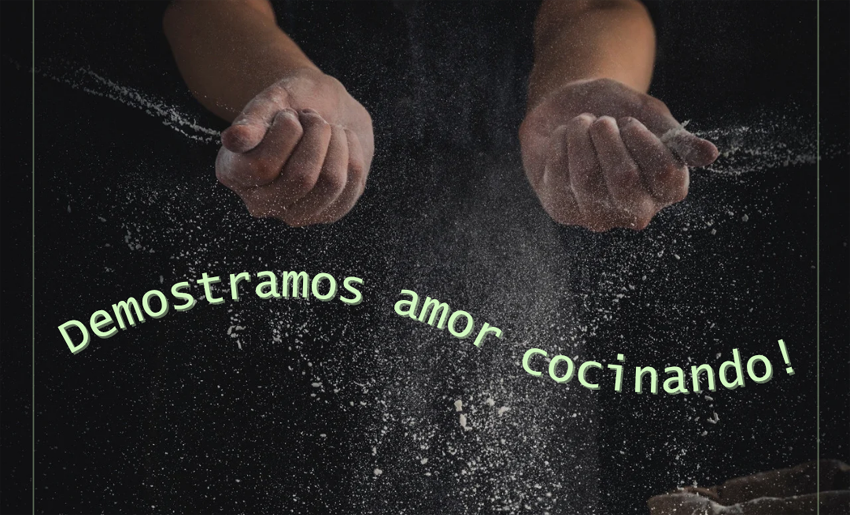This October 20th, the world surrenders to the ingenuity, passion, and technique of those who transform ingredients into culture and art: chefs. World Chef’s Day, established in 2004 by the World Association of Chef Societies (Worldchefs). It is not only a day to celebrate gastronomy, but also to honor the guardians of culinary traditions and promoters of healthy habits globally.
A chef is not just a cook; they are a leader, a teacher, a researcher. Above all, a storyteller through flavor.
However, speaking of the chef in Cuba requires going beyond the international spotlight and delving into the harsh reality of the island’s kitchen. For culinary professionals in Holguin, and across the island. The journey is a daily exercise in resilience and forced creativity.
From the beginning, the path of an aspiring Cuban chef is fraught with challenges. Ranging from the lack of a stable supply base to the need to resourcefully supply what the market doesn’t offer.
Training, although valuable, often clashes with the reality of an economy suffering from a chronic supply shortage. How can haute cuisine techniques be applied when the availability of basic products—such as flour, meat, or oil—is intermittent or nonexistent?
The Cuban chef becomes a master of leftover cooking. An alchemist who must “transform what exists” into worthy dishes. Reinventing traditional recipes with unexpected substitutes. As the saying goes, the true culinary art in Cuba is that of “invention.”
This situation directly impacts the job market. In the public sector, salary limitations and rigid resource management force many talented individuals to seek new horizons. This is where the private sector, private restaurants and paladares, emerges like a magnet attracting the best chefs.
Employment in this private sector offers salaries significantly higher than those of the state. A vital monetary reward for professionals in today’s Cuba. However, this “freedom” comes with its own set of problems. Although the pay is better, it is not uncommon for these spaces to require grueling workdays. Sometimes exploiting the worker’s economic need.
The chef faces a dilemma: accept more demanding working conditions in the private sector to guarantee a decent living. Or remain in the state sector with better guarantees, but limited by insufficient wages.
Despite the hardships, unexpected blackouts that force them to improvise with marabu charcoal or firewood. Also having to start a recipe without knowing if they will be able to finish the desired ingredient, the Cuban chef persists.
Their work is invaluable. In a context of crisis, it is the cook who not only feeds but also protects the country’s cultural identity. The chef is the link to the culinary heritage. Adapting it to survive amidst restrictions, and at the same time, the driving force behind Cuba’s timid but growing culinary brand.
Today and tomorrow, on World Chefs’ Day, our recognition goes to these heroes of the kitchen. Especially those from Holguin and Cuba, whose dedication and creativity demonstrate that, even in the greatest shortages, the passion for good taste never fades. They are living proof that cooking, more than a profession, is an act of love and resilience.
By: Alvaro Raúl Suárez Leyva
- Installation of Photovoltaic Systems in Rural Communities in Holguin - 19 de January de 2026
- 39th City Salon Opens in Holguin - 19 de January de 2026
- Habanos Festival Among Cuba’s Most Important Tourism Events - 19 de January de 2026

